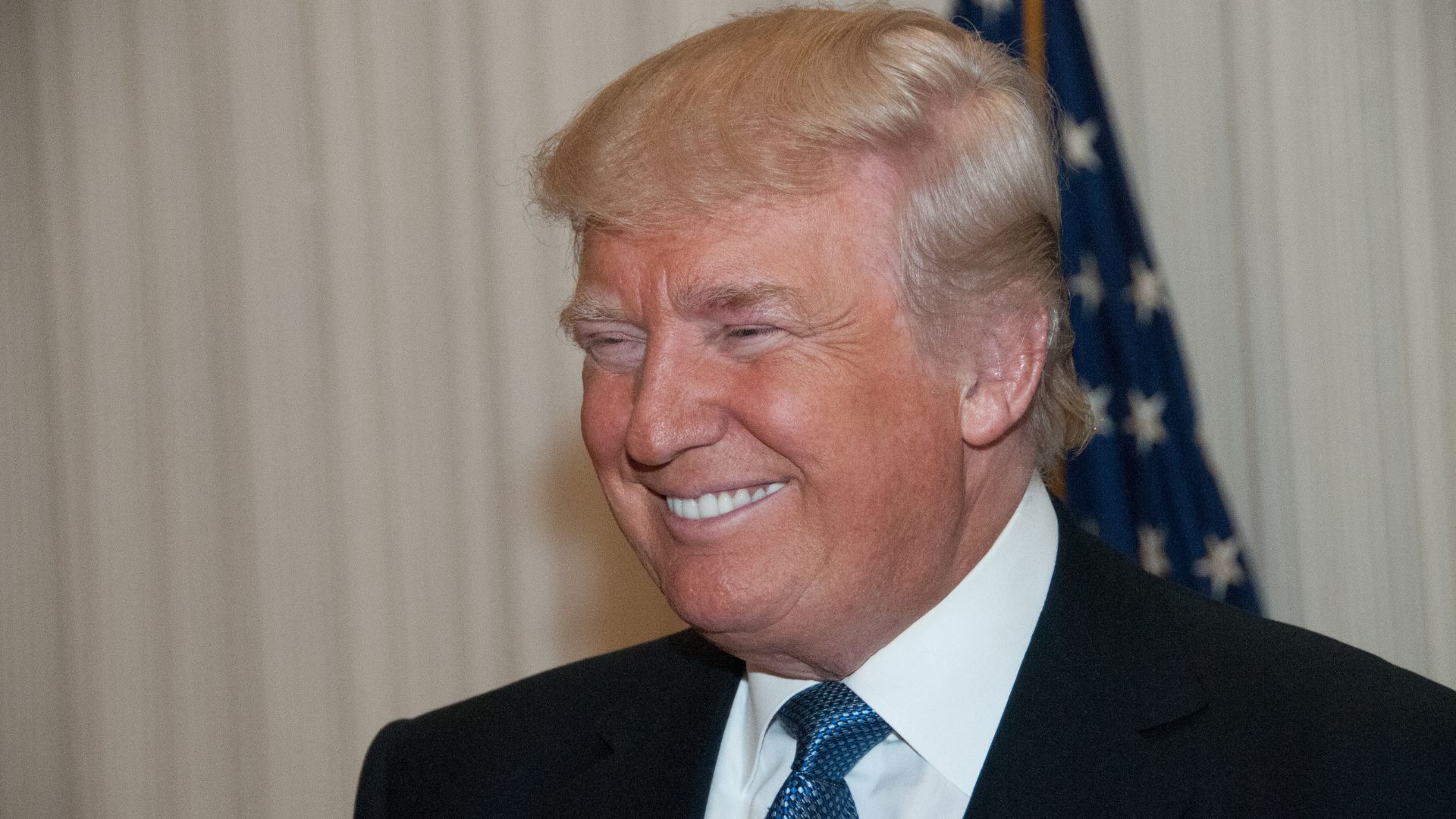
On Friday, the Supreme Court of the United States issued a landmark ruling that curtails the power of lower federal courts to issue nationwide injunctions—especially in matters relating to immigration policy—delivering a significant legal victory to President Donald Trump and reshaping the future of executive authority.
The decision came in a consolidated set of cases involving the Trump administration’s authority over immigration enforcement and birthright citizenship.
The justices ruled 6–3 in favor of limiting the ability of district courts to issue rulings that have nationwide application, especially in cases that seek to halt federal policies crafted by the executive branch.
Trump’s Sovereign Wealth Fund: What Could It Mean For Your Money?
Justice Amy Coney Barrett authored the majority opinion, joined by five other justices.
The decision marks a pivotal clarification of the judiciary’s scope, especially in light of growing debate over whether lower courts have been exceeding their constitutional boundaries by blocking federal executive actions outside their jurisdictions.
The ruling drew sharp criticism from progressive commentators and Democratic-appointed justices.
MSNBC host Ana Cabrera reacted by stating, “This sounds like a giant win for the Trump administration and could likely trigger chaos now across the country.”
This Could Be the Most Important Video Gun Owners Watch All Year
University of Michigan law professor Leah Litman appeared on MSNBC to defend the dissenting justices and criticized the majority’s decision.
“I just want to note the Democratic appointees’ strong dissents in this case. Justice Ketanji Brown Jackson calls the court’s decision ‘an existential threat to the rule of law.’
Justice Sotomayor’s dissent says, ‘no right is safe in the new legal regime the court creates.’ She calls the court ‘complicit in a grave attack on our system of law.’”
Former law clerk to Justice Sonia Sotomayor and current NYU Law Professor Melissa Murray also appeared on MSNBC, saying, “This is a huge win for the Trump administration, because the court has essentially kneecapped lower courts from stopping this administration when it engages in lawless and unconstitutional behavior.”
Murray also raised concerns about the logistical impact on legal challenges moving forward.
“Now, with this decision, they’re essentially saying that litigants will have to file in each particular jurisdiction around the United States in order to be clear that their resolution will have legally binding effect.”
Lisa Rubin, legal analyst for MSNBC, quoted New Jersey Attorney General Matt Platkin in response to the ruling: “I think it’s fair to say, today, your rights and privileges as an American citizen vary based on what state you live in.”
In her majority opinion, Justice Barrett emphasized the constitutional structure that limits federal court authority and reaffirmed the principle of jurisdictional boundaries.
The Court rejected the idea that lower courts can wield broad national power over federal policies, noting that such actions undermine the separation of powers and interfere with the executive’s constitutional role.
The decision follows a pattern of recent rulings where the Court has reasserted the primacy of the Constitution’s separation of powers and emphasized the executive branch’s authority in policy execution—particularly in matters related to immigration.
Justice Barrett wrote that the court must “respect the limits on judicial power,” especially when the executive branch is operating within the bounds of the law.
While critics expressed concern that the decision will make it harder to mount broad legal challenges to federal policies, proponents argue the ruling rebalances the role of the judiciary and ensures that policies enacted by an elected administration are not blocked by individual district judges.
Friday’s decision is expected to have wide-reaching implications beyond immigration policy, affecting future cases involving gun rights, healthcare access, education policy, and other areas where district courts have previously issued sweeping injunctions.
The ruling comes amid a broader realignment in federal jurisprudence shaped by President Trump’s appointments to the Supreme Court.
With a conservative majority in place, the Court continues to issue decisions that emphasize constitutional structure, judicial restraint, and a more limited role for unelected judges in national policymaking.
The decision will likely guide the administration’s approach to executive action moving forward, further solidifying the Trump administration’s ability to enforce federal immigration policy without blanket judicial interference.
Connect with Vetted Off-Duty Cops to Instantly Fulfill Your Security Needs



![Man Arrested After Screaming at Senators During Big Beautiful Bill Debate [WATCH]](https://www.right2024.com/wp-content/uploads/2025/06/Man-Arrested-After-Screaming-at-Senators-During-Big-Beautiful-Bill-350x250.jpg)












